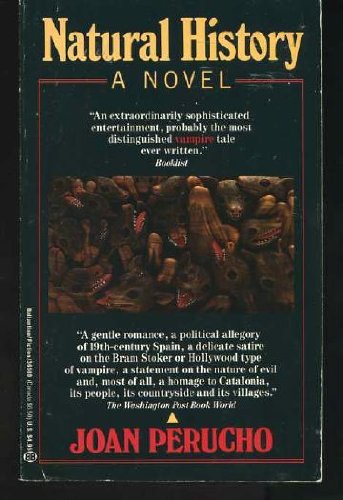
Joan Perucho, Natural History, Ballantine Books; Alfred A. Knopf, 1988.
Antoni Mantpalau, a
young Spanish aristocrat of the early 1800s, agrees to aid a village
beset by an evil force and is stalked by a thirteenth-century vampire
until their final, bloody confrontation
The first of Catalan
author Perucho's works to be published outside Spain, this
fantastical vampire story set around Barcelona during the Carlist
civil wars of the 1830s is, in its bookish fictiveness, reminiscent
of Borges and Calvino; yet its strong infusion of Catalan culture
lends it an accent all its own. Young aristocrat Antoni de Montpalau,
a passionate scientist, progressive and liberal, having deduced
scientifically that a vampire has committed a mysterious series of
murders, is drawn into pursuit of the creature, which has assumed the
aspect of a Carlist guerrilla leader known as the Owl. Montpalau is
soon captured, however, by the Carlist General Cabrera who turns out
to be one of the Owl's victims; despite their political differences,
the two become fast friends. Fully aware that only if the vampire is
destroyed before his victim, can he himself avoid becoming a vampire,
Cabrera's involvement in the hunt becomes increasingly urgent, while
the vampire metamorphoses always in startling guises. Unfortunately,
Perucho's novel, for all its invention and playful mock erudition,
disappoints in its failure to draw the reader into its conceits with
an impelling narrative flow or to point outside itself to larger
meaning. - Publishers Weekly
In this tale, gentle
reader, our writer pits good against evil, tranquility against
turmoil, and destruction against love. A desperate vampire is
wreaking havoc in the countryside of 19th-century, war-torn Spain, a
noble scientist has come forth to challenge him, and a true love
story has emerged. Does it sound too sweet? It could have been, but
the proof is in the reading. Skillful Catalan novelist Perucho
relates this tale with poetic rhythm, punctuated with scientific
reflections and logic and set within the backdrop of the Carlist war.
The publication of this work is welcome, not only for the novel
itself, but also for the specialness of its native language. Catalan
voices from Spain were suppressed for years; in Franco's Spain the
language in any form was forbidden, causing its world of letters to
collapse. But in today's Spain, Catalan writing is flourishing; our
world is enchanced by its reemergence. - Michelle Lodge

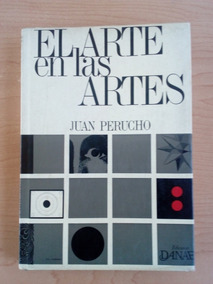
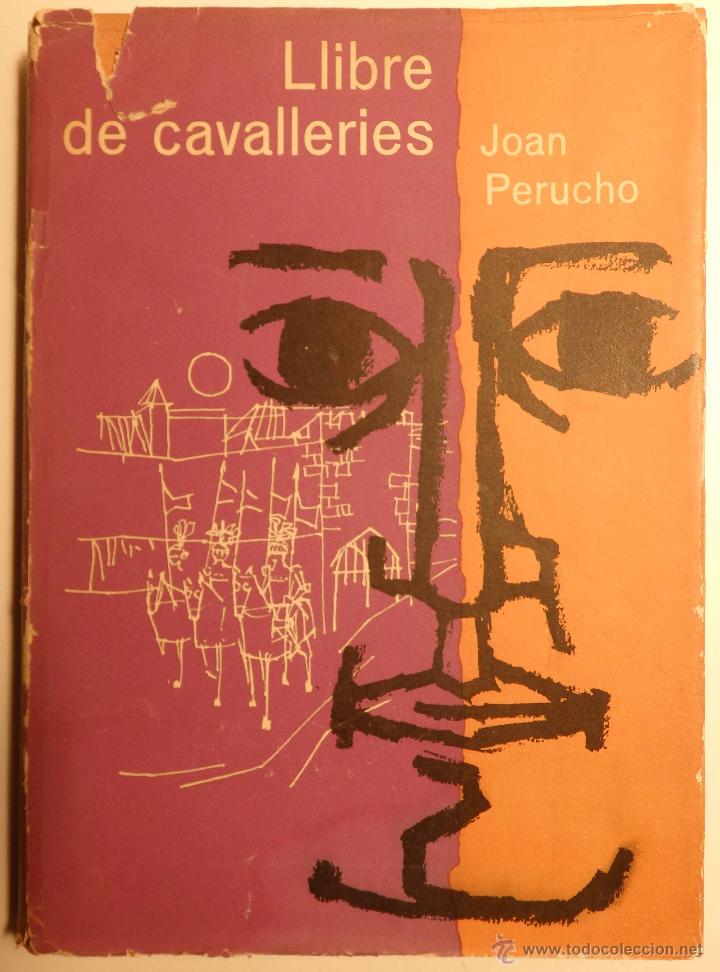
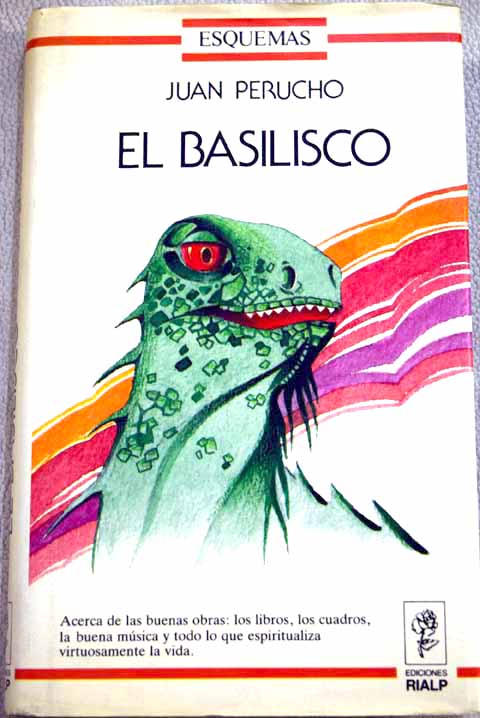
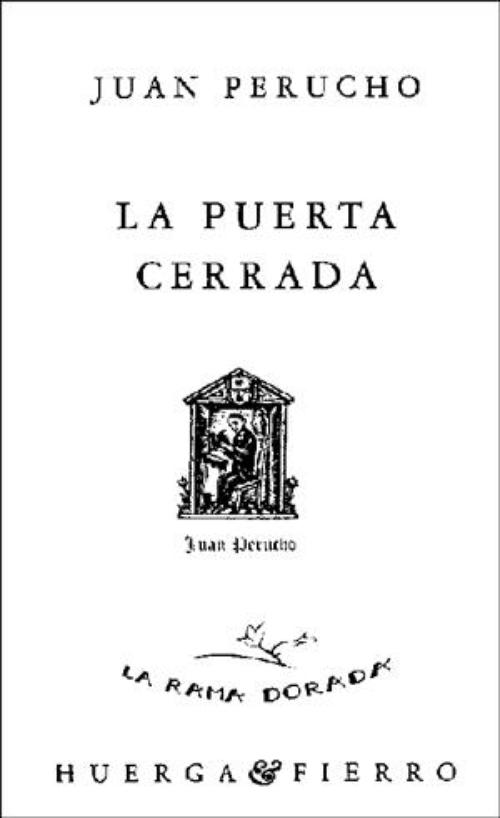
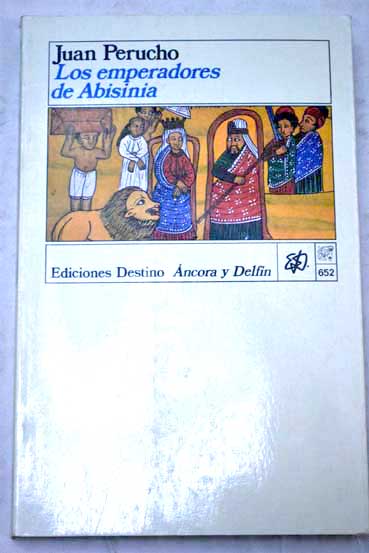




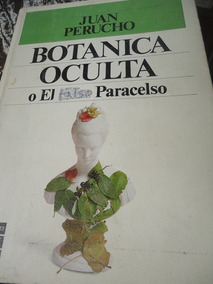


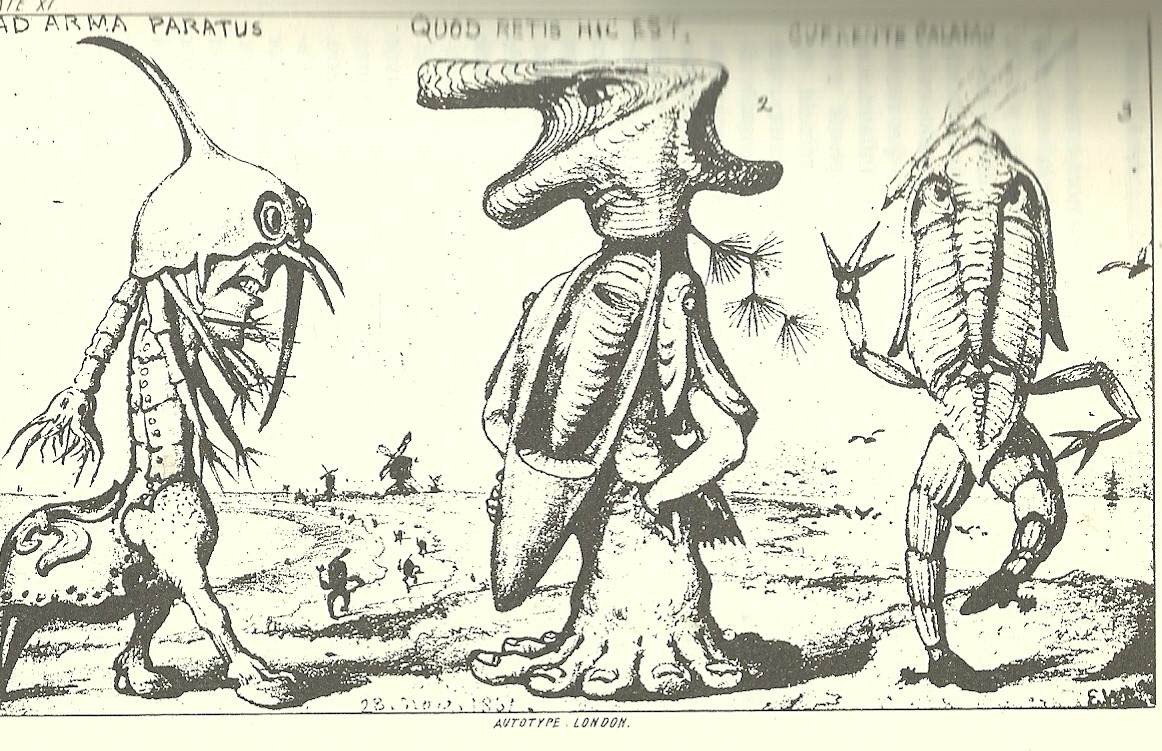
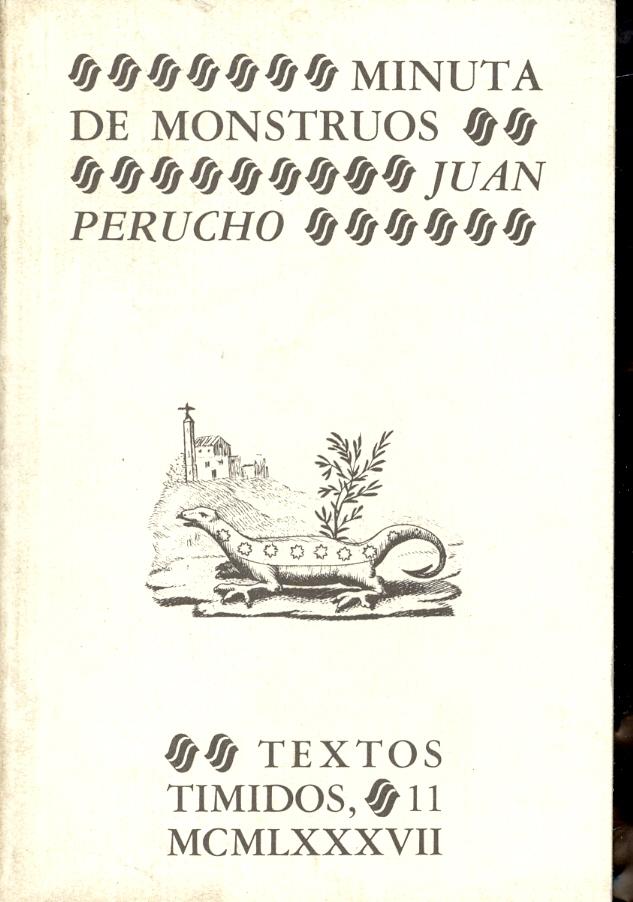
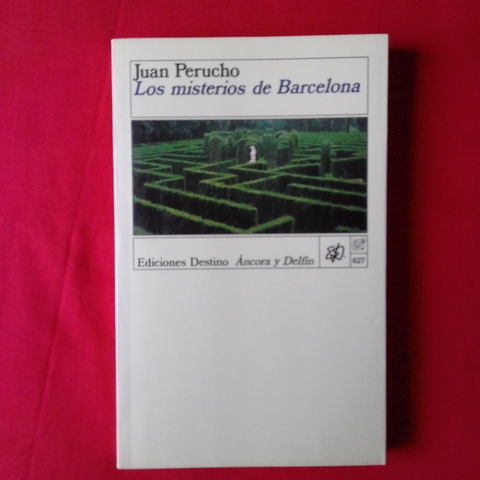

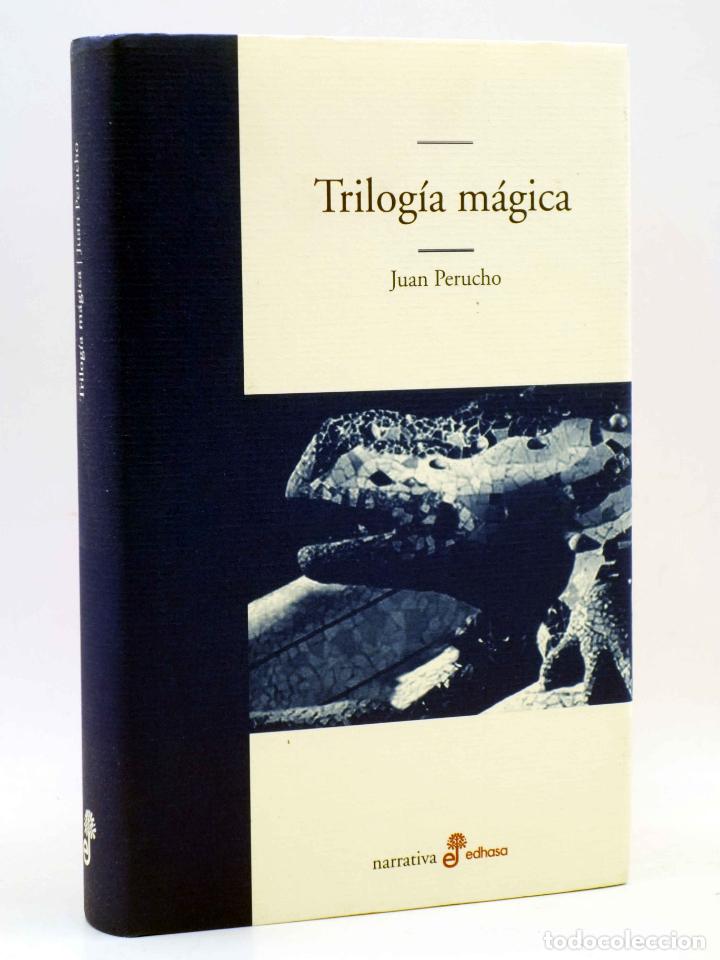
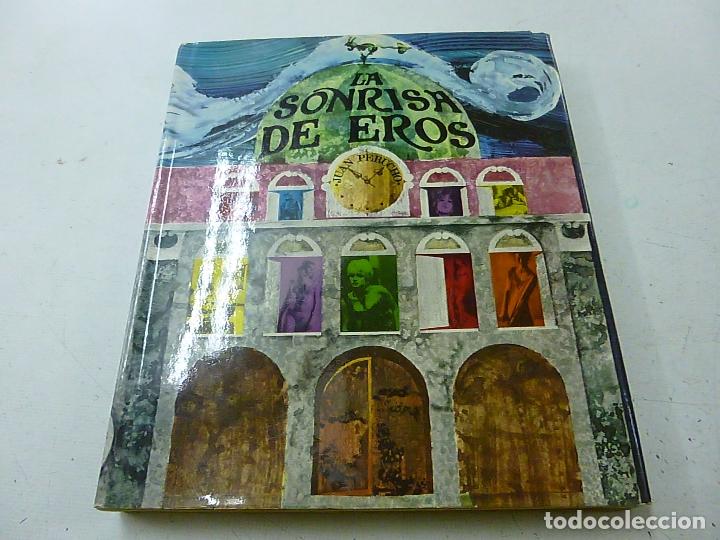
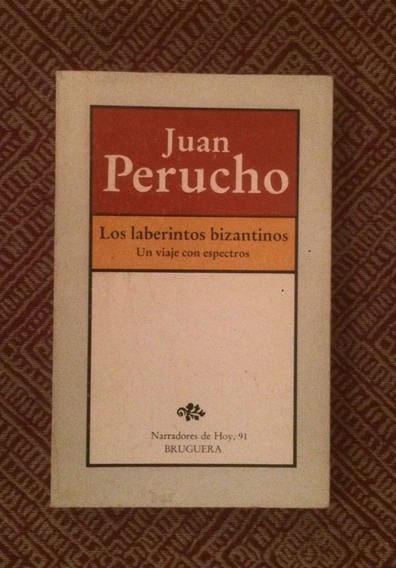



No comments:
Post a Comment
Note: Only a member of this blog may post a comment.